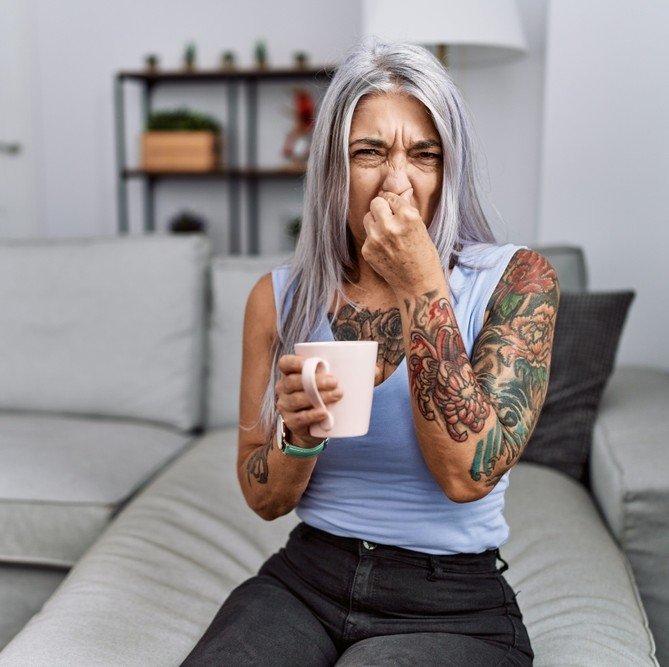When Covid-19 changed our lives at the end of 2019 and beginning of 2020, seemingly forever, one of the most common symptoms that helped identify the disease was the total loss of smell (anosmia) or partial loss of smell (hyposmia). According to global statistics, this occurs in approximately half of the cases and the recovery period varies between weeks and years. But some people suffer from a less well-known sequelae: parosmia. Keep reading so you know what it is, how it affects those who suffer from it, and what can be done.
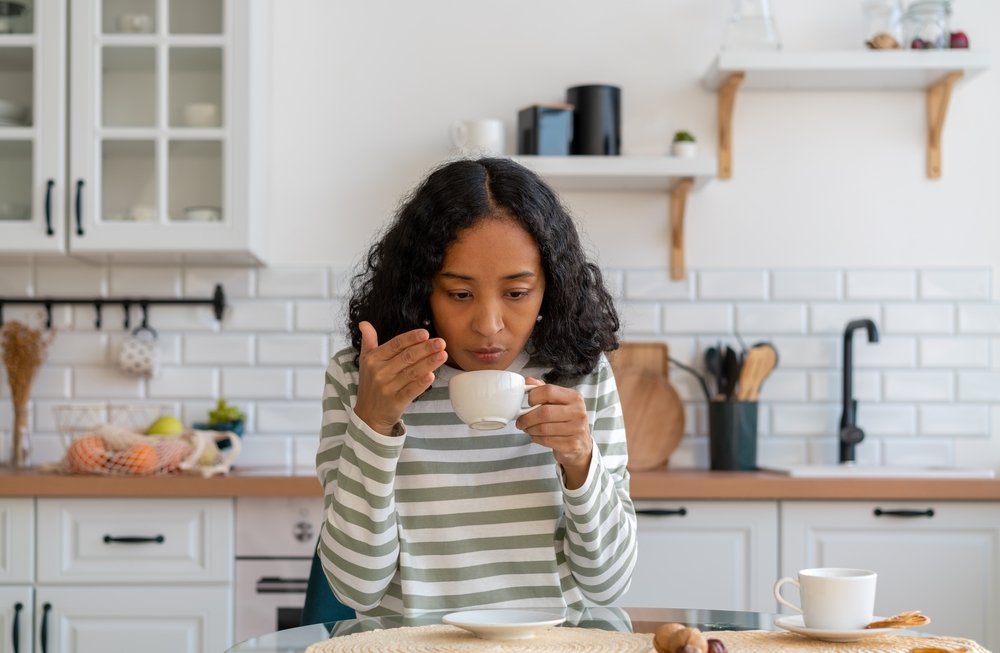
Distorted odors
Imagine that you wake up early in the morning and smell like rotten meat or garbage. When you leave your room, the only thing you find is your partner preparing pancakes and bacon for breakfast, something that previously seemed delicious to you. This is parosmia: a distortion of smell that makes some normal odors feel unpleasant. Scientists are still trying to understand why this is. At the moment, they believe that covid-19 causes damage to the nerves responsible for smell, as well as cells that support these nerves. When the nerves begin to regenerate, they may do so abnormally, which may be the cause of the distortion.
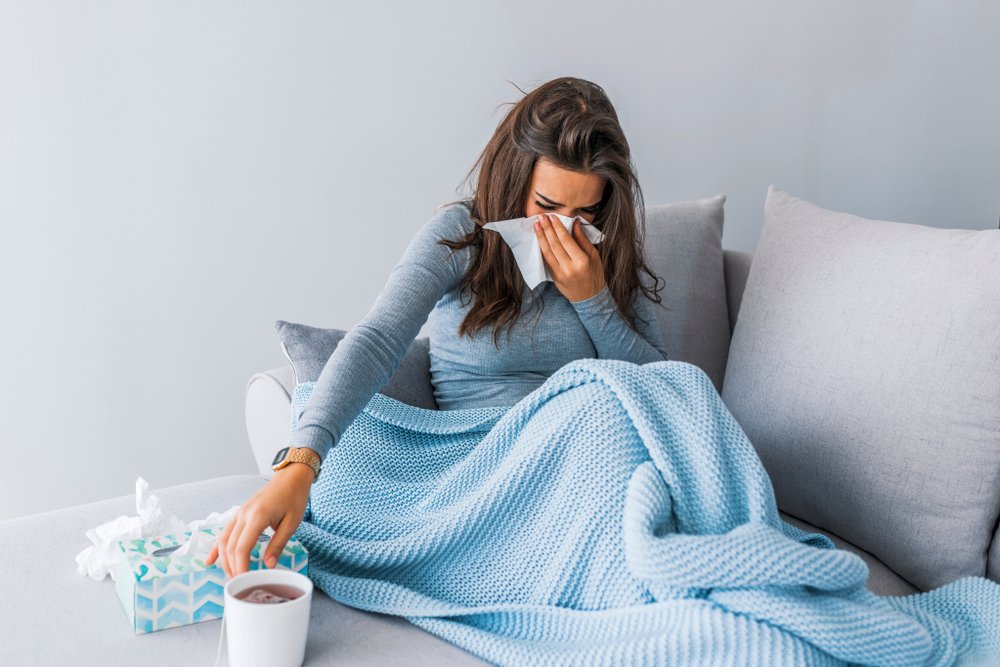
Sequela, not symptom
Although some cases of parosmia have been recorded during covid, the vast majority of people who suffer from it report it as a sequel, not as a symptom. Unlike anosmia or hyposmia that can arise while suffering from covid, it is more common for parosmia to arise some time later, even months. In fact, it may be a sign that you have fully recovered from the virus, and now all that remains is that aftereffect. As for the duration, it all depends on the patient. There are people who have recovered normality six months after infection, while for others it can take up to 18 months. However, there are cases in which it has taken up to two years for them to improve. Therefore, it is necessary to be patient.
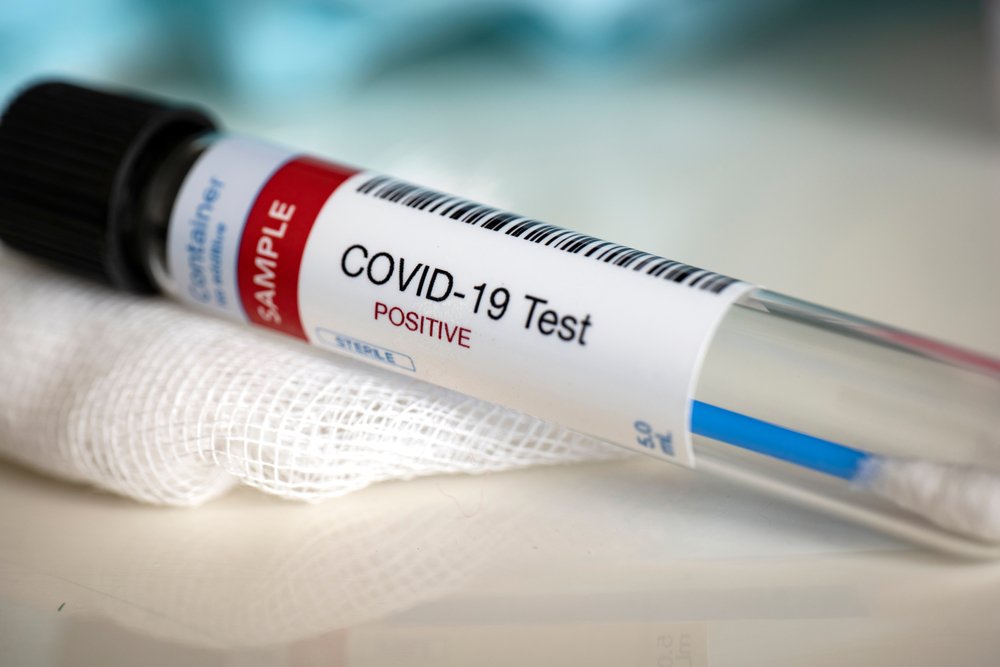
Statistics and factors
A study published in the academic journal JAMA Network indicated that 75% of the people surveyed who had covid reported smell disorders, of which 45% specified that it was parosmia. Furthermore, 65% of the latter indicated that the pathology appeared some time later, during recovery. Although, as already mentioned, specialists are still studying this phenomenon, some coincidences have been detected that are currently listed as risk factors: being a woman (the majority of patients are women), having developed anosmia or hyposmia during the infection of covid, being young or having a history of nasal problems, such as chronic sinusitis or growth of the turbinates.
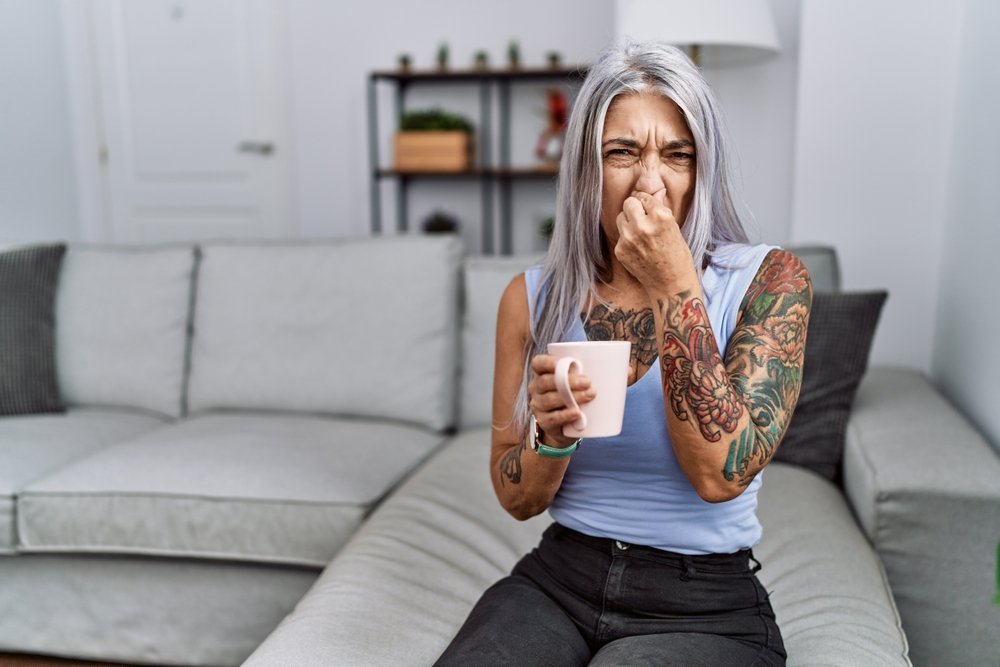
Its consequences
Since smell and taste are related, when one is affected, usually the other is as well. Also, would you want to drink that coffee if it smells like vinegar to you? People who have parosmia describe that everything smells “drainy,” stale, sour, like rotten eggs, or too sweet. This can make it very difficult for the person to enjoy eating and drinking, because they may even suffer from nausea, thus causing problems such as eating disorders, weight loss, depression, anxiety and social isolation. And the distortion is not only with food odors. Many people point out that they cannot stand the smell of their partner, their children or even their own smell, and that they even hate the smell of their regular soap. All of this can make daily life difficult.
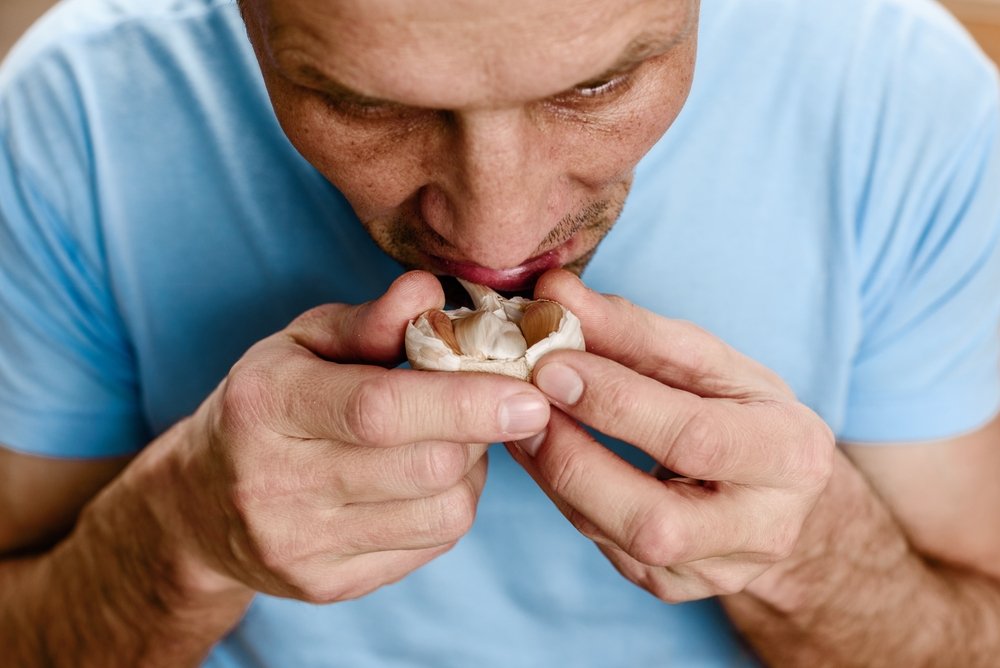
No cure for now
Unfortunately, there is still no definitive cure for parosmia, other than time. Some specialists recommend treatments with intranasal steroid sprays, saline water irrigation, and neuromodulatory medications such as antipsychotics, anticonvulsants, and gabapentin, but the effectiveness of all of these has not been proven. On the other hand, many patients undergo olfactory training therapy, which has had better results in improving this sense. This is done by choosing four scents (the most common are lavender, lemon, cloves, eucalyptus, etc., i.e. strong smells) and smelling each one for 15 to 30 seconds, twice a day, preferably in the morning before breakfast. and at night, before going to sleep. It is recommended to do this for at least 24 weeks.

What else can be done?
There are some things that, according to specialists, can be done to make this situation, which can be quite annoying for many, more bearable. Keep a record of the odors that trigger the pathology and keep it in a visible place in your home, so that everyone can be aware. Try to eat more foods cold or at room temperature, as they generate fewer odors. When eating, if you dislike the smell, try to focus on the textures or temperatures and not so much on the aroma or flavor. On the other hand, remember that your entire sense of smell is altered, so be sure to check the expiration dates on everything, keep your house ventilated, and check that the fire and carbon monoxide alarms are working properly. Finally, consider finding support groups or therapy for people with post-Covid symptoms. This condition can affect mental health, and having a support system is extremely important.
